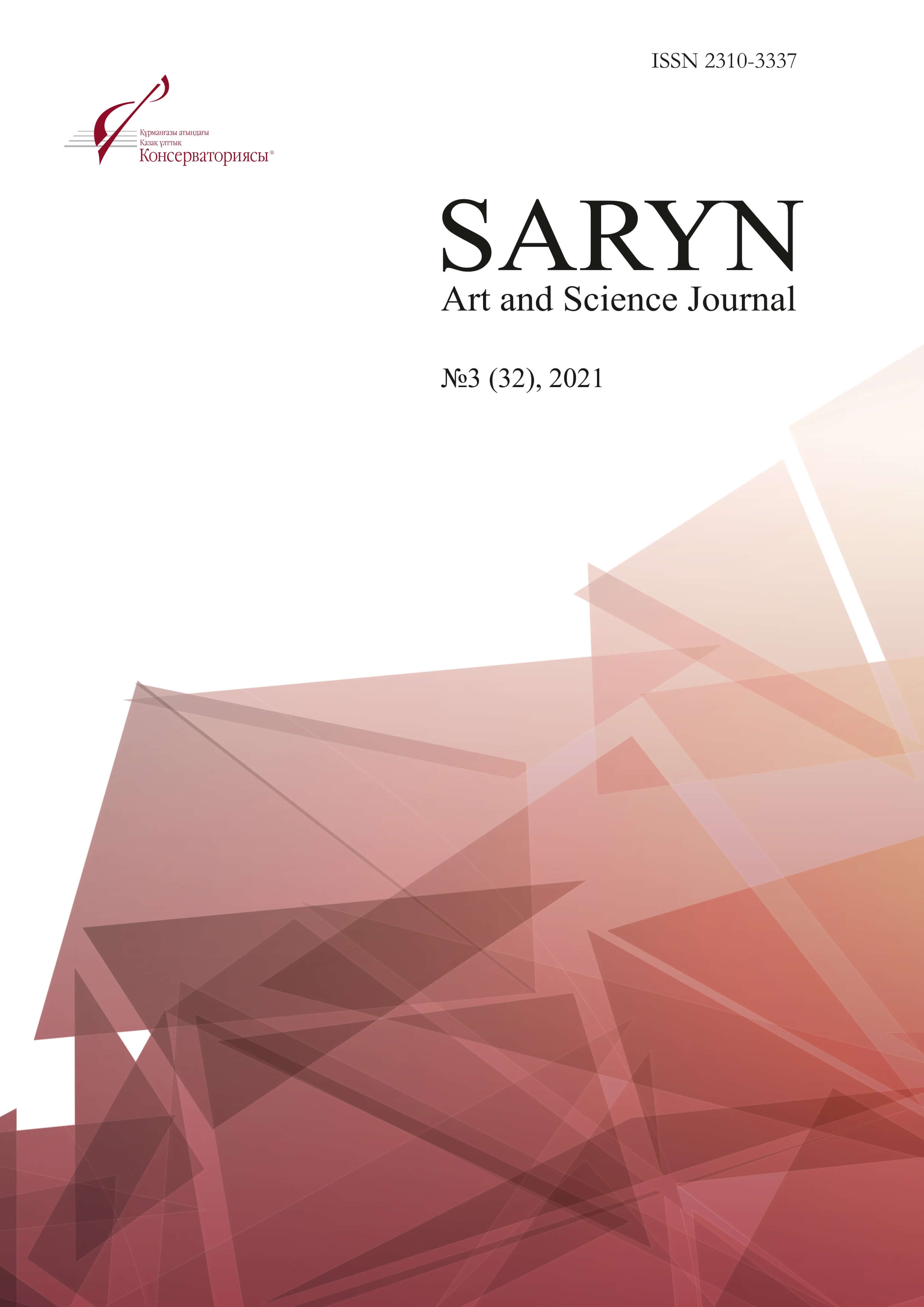Article information
Article publication date
2021-09-30
Article Page
39-43
Chapter
Arts & Humanities
License
Abstract
This article is devoted to the study of the image of a woman in the traditional Kazakh culture in its relationship with the implementation of gender policy in Kazakhstan. This is done by considering issues related to the actualization of gender equality on the world stage. In the context of the sustainable development policy, it is argued that with the elimination of gender inequality, it is possible to achieve a stable economy and a stable standard of living. In a brief form, questions are raised regarding the historical conditionality of the stated issues. The theory of F. is chosen as a working model. Engels, who argued that the origins are in the emergence of private property, which entailed the fact that men's labor became «productive» labor (productive work), and women's labor became life support work (subsistence work). On this basis, it is noted that in the Kazakh nomadic society, a woman was engaged in unproductive labor. Thus, through the historical method, its social functions, role and position in traditional culture are studied. Its high status is emphasized, which is mediated by a number of factors related to functional, social and territorial issues. Based on historical factors, it is noted that the implementation of gender policy on the territory of Kazakhstan can take place in other ways that are not similar to Western ones.
Keywords
gender policy
gender equality
woman
traditional culture
References
Всеобщая декларация прав человека // Организация Объединенных Наций [Электронный ресурс]. – Режим доступа. – https://www.un.org/ru/documents/decl_conv/declarations/declhr.shtml (дата обращения 04.02.21).
Страны мира, достигшие гендерного равенства // The Village. Россия [Электронный ресурс] – 28.02.19. – Режим доступа. – https://www.the-village.ru/city/news/342877-genderravenstvo#:~:text=Всемирный%20банк%20представил%20исследование%20«Женщины,%2C%20Латвия%2C%20Люксембург%20и%20Швеция. (дата обращения 04.02.21).
Энгельс Ф. Происхождение семьи, частной собственности и государства: (в связи с исследованиями Льюиса Г. Моргана): [перевод с немецкого]. – Санкт-Петербург: Азбукаклассика, 2010. – 252 с.
Белиловский К. Женщины инородцев Сибири (Медико-этнографический очерк). – СанктПетербург, 1894. – 104 с.
История Казахстана: Учебник, 4-е изд., перераб. и доп. – Алматы: Алматыкітап баспасы, 2011. – 312 с.
Vseobŝaâ deklaraciâ prav čeloveka // Organizaciâ Obʺedinennyh Nacij [Èlektronnyj resurs]. – Režim dostupa. – https://www.un.org/ru/documents/decl_conv/declarations/declhr.shtml (data obraŝeniâ 04.02.21).
Strany mira, dostigšie gendernogo ravenstva // The Village. Rossiâ [Èlektronnyj resurs] – 28.02.19. – Režim dostupa. – https://www.the-village.ru/city/news/342877-genderravenstvo#:~:text=Vsemirnyj%20bank%20predstavil%20issledovanie%20«Ženŝiny,%2C%20Latviâ%2 C%20Lûksemburg%20i%20Šveciâ. (data obraŝeniâ 04.02.21).
Èngel’s F. Proishoždenie sem’i, častnoj sobstvennosti i gosudarstva: (v svâzi s issledovaniâmi L’ûisa G. Morgana): [perevod s nemeckogo]. – Sankt-Peterburg: Azbuka-klassika, 2010. – 252 p.
Belilovskij K. Ženŝiny inorodcev Sibiri (Mediko-ètnografičeskij očerk). – Sankt-Peterburg, 1894. – 104 p.
Istoriâ Kazahstana: Učebnik, 4-e izd., pererab. i dop. – Almaty: Almatykìtap baspasy, 2011. – 312 p.




